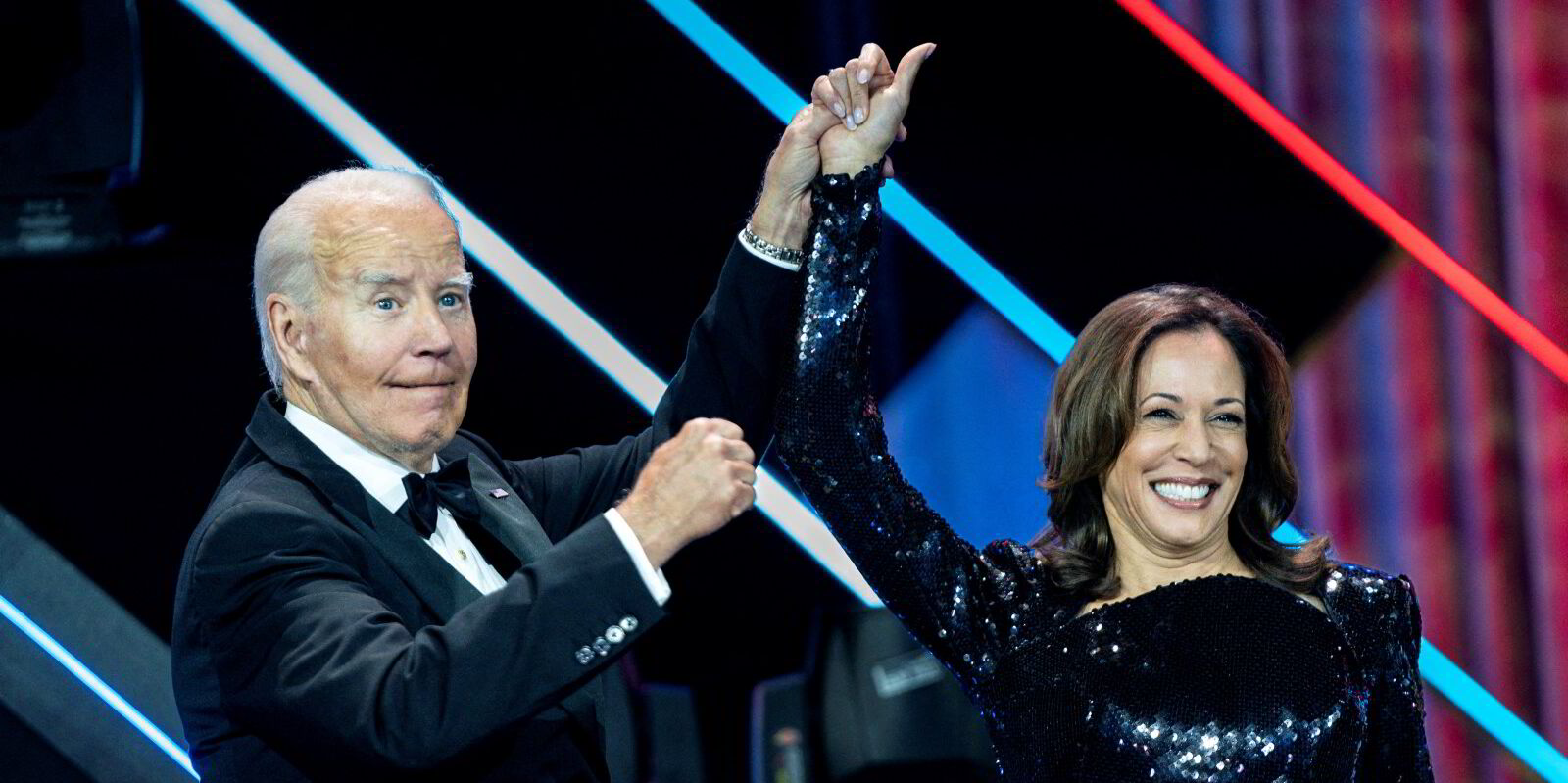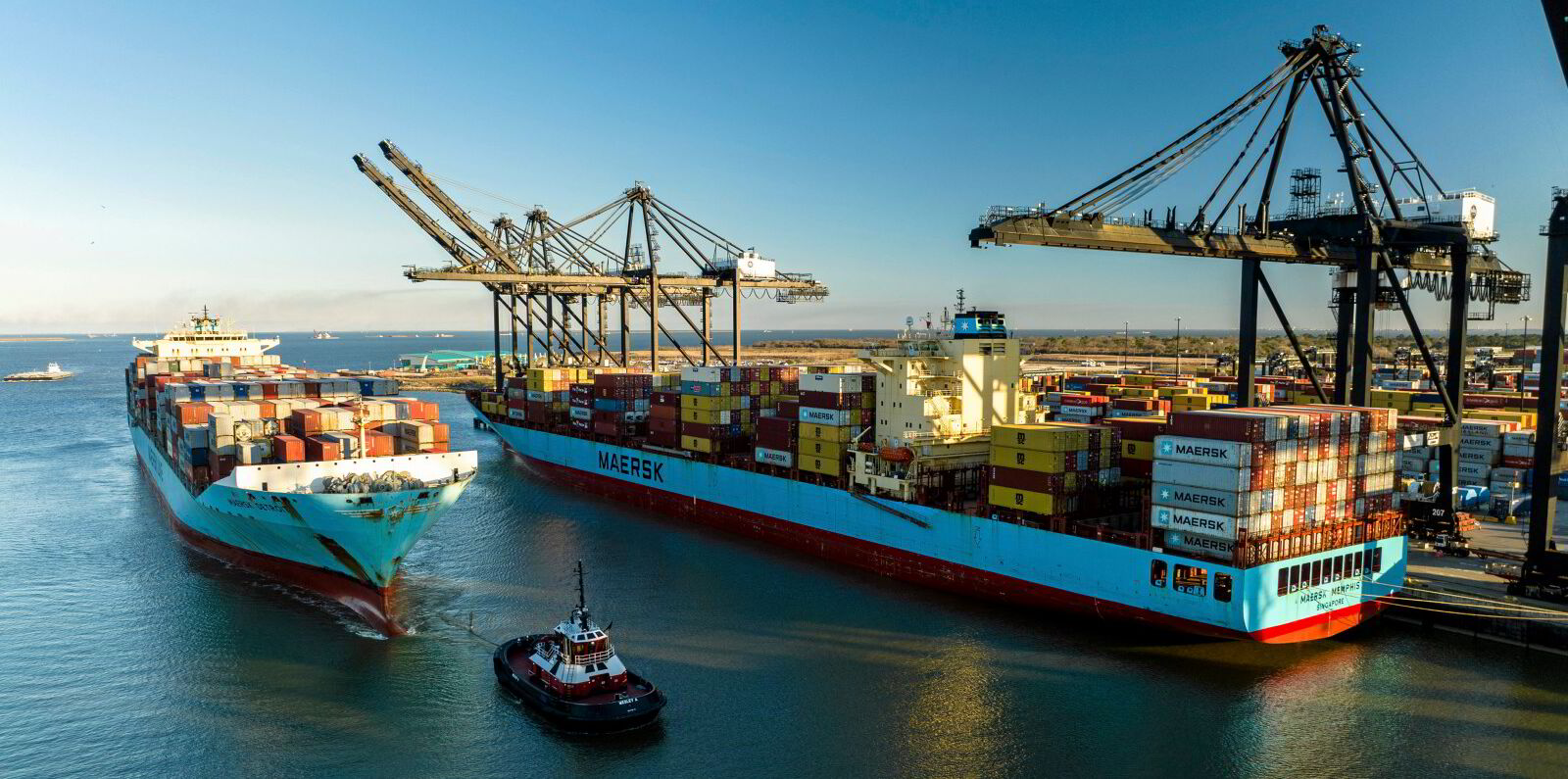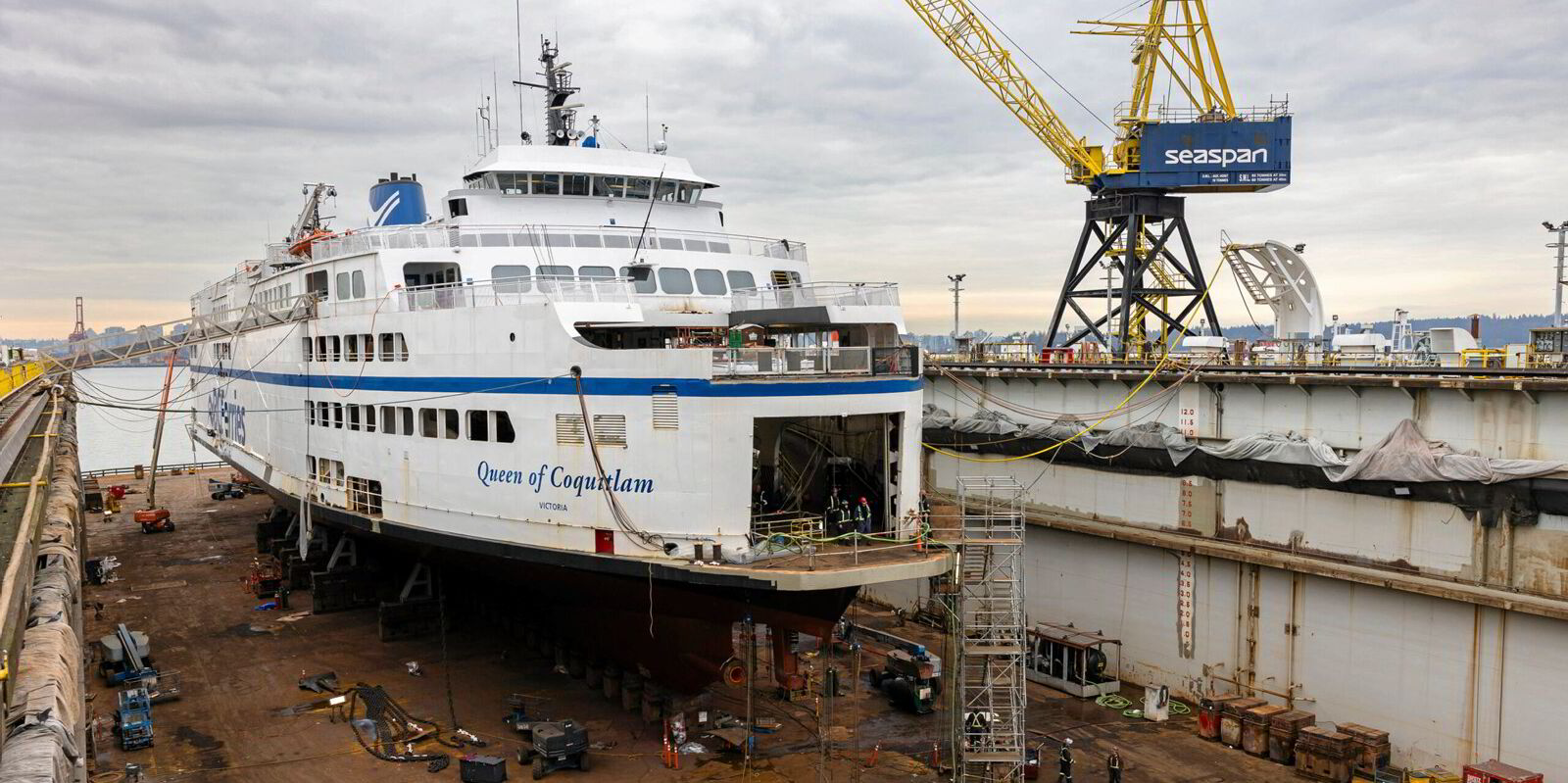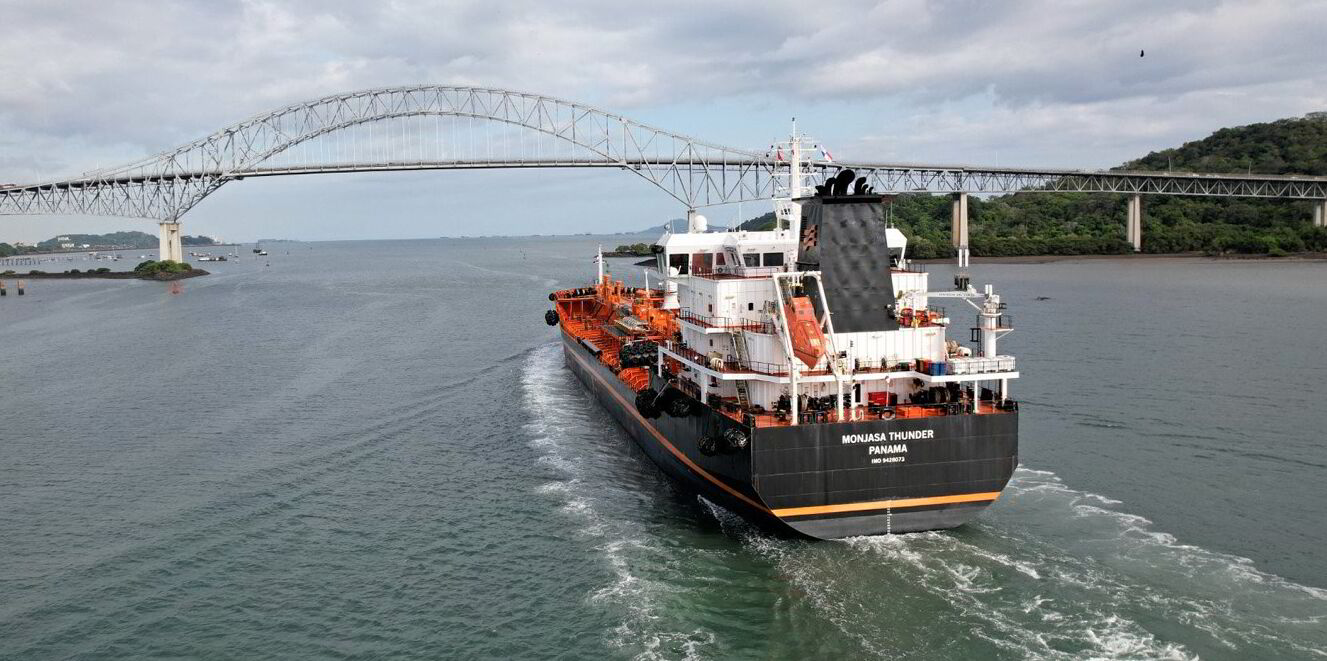Tariff actions by US President Joe Biden against Beijing have increased concerns that when the next shoe drops, it is going to fall on ships built in China in the form of a sweeping port fee.
The Office of the US Trade Representative said last week that it will place a 25% tariff on Chinese-built ship-to-shore cranes used in US ports, although the action will include exceptions where the orders have already been placed.
The Biden administration has also increased several tariffs on other Chinese imports.
The actions come as US Trade Representative Katherine Tai is investigating Chinese support for its maritime and shipbuilding sectors, on the request of unions that have proposed a port fee on Chinese-built vessels.
The unions, led by United Steelworkers, have argued that a $1m fee for each Chinese vessel that calls at a US port, could be spent on supporting US shipyards.
Michael Kaye, a Washington trade lawyer at Squire Patton Boggs, said he believes the crane sanctions are a harbinger of things to come.
Imposing the port fee in some form is a possibility, although Kaye said Tai’s office is also looking at other remedies.
But he said the carve-outs in the tariffs against port cranes also show the Biden administration could take similar action in the case of the proposed shipbuilding remedy.
In the crane case, the senators of Virginia and Georgia called on the White House to grant exceptions for Chinese equipment ordered by major container ports in their states.
“What we saw was attempts to take … tariff measures confronted good old local politics — in this case, lots of jobs at the port, economic development investments at the port,” Kaye told TradeWinds.
Protecting ports
“And the home-state senators didn’t want that action to affect the investment in the ports or to hurt the ports in some way.”
Like the port investments, a fee on Chinese-built ships could also have impacts — higher costs for imported goods, for example.
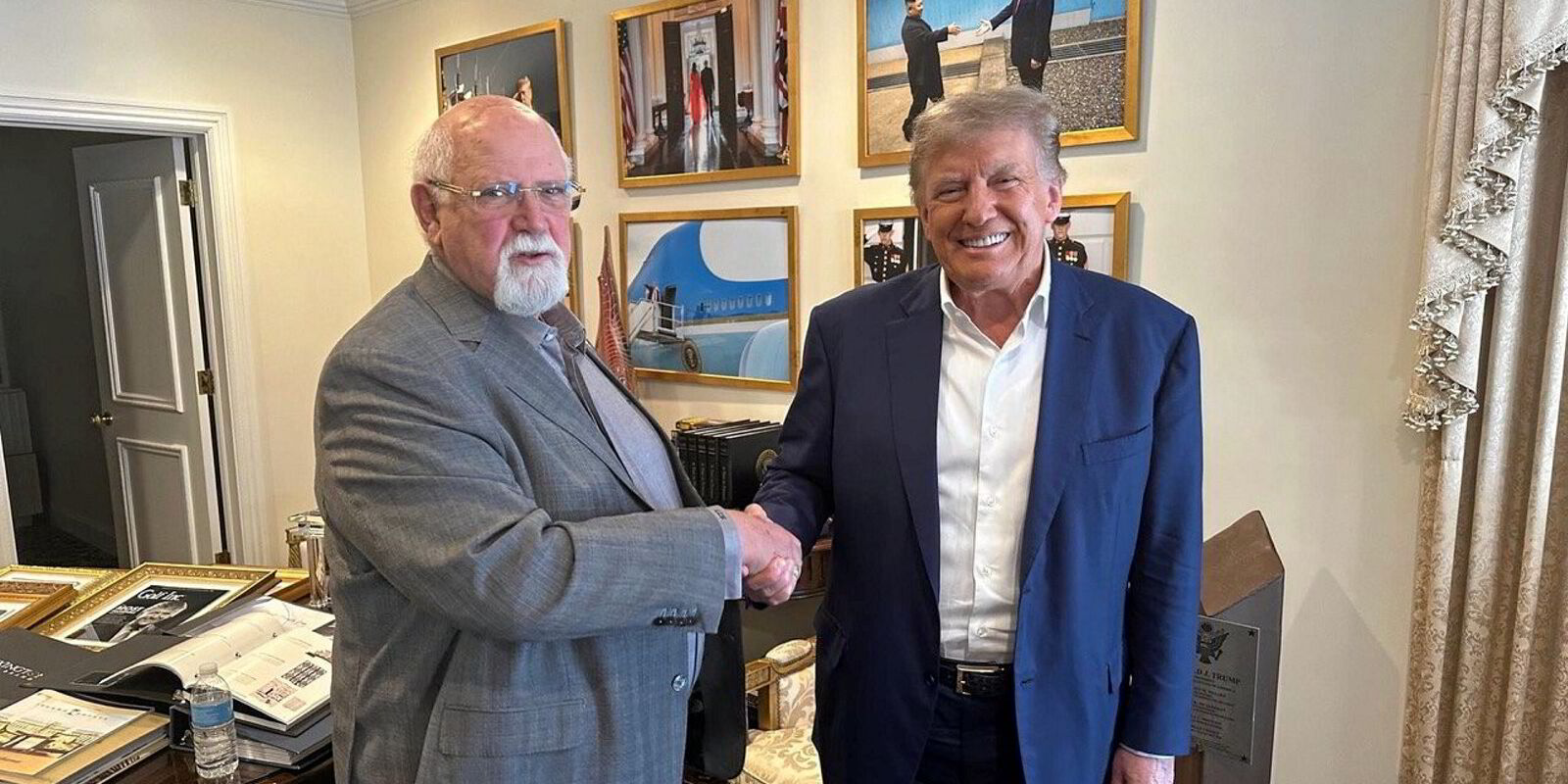
But politics also cuts both ways in an election year.
Biden’s latest tariff actions build on the trade war policies of his predecessor, Donald Trump, who is neck-and-neck with Vice President Kamala Harris as he seeks to return to the White House.
Unions have traditionally been supportive of Democrats, but that support has not been as readily granted in this election and the Republican Trump has sought to court the working class.
“It’s an election year. They’ve got to do something, and the unions are at the centre of that shipbuilding complaint,” Kaye said.
With some viewing the port fee proposal as too draconian, the Biden administration may look to other options.
Kaye pointed out that the petition addressed a series of Beijing’s alleged behaviours, such as fixing freight rates, monopolising the use of some ports and intellectual property theft.
“So they may try to fashion some remedies to hit back at Chinese shipbuilders and try to level the playing field in some fashion,” the lawyer said.
Allegations rejected
Chinese trade groups have rejected the United Steelworkers’ assertions of unfair competition.
A port fee on Chinese-built ships would impact a major share of the global fleet. Data compiled by shipbroking giant Clarksons shows there are 24,800 ships on the water that were built in China, more than any other nation.
Even some US-flag ships were built at Chinese yards.

There are more than 3,000 newbuildings on order in China, which is more than twice the combined orderbooks of closest rivals Japan and South Korea.
Clarksons said the 78.9m compensated gross tonnage of the vessels on order in China as of the start of September is a record.
In documents submitted to the Office of the US Trade Representative, the International Chamber of Shipping has said the proposed $1m port fee would hurt the competitiveness of the US economy and raise costs for consumers.
ICS secretary general Guy Platten wrote that the action also would not achieve its aim of helping US shipping and yards.
“The operational realities of facing new, unpredictable and potentially unsubstantiated costs to providing shipping services to the US could likely see carriers exploring alternative trade routes, considering transshipment options and potentially altering trade patterns in response to such a proposal,” he wrote.(Copyright)
